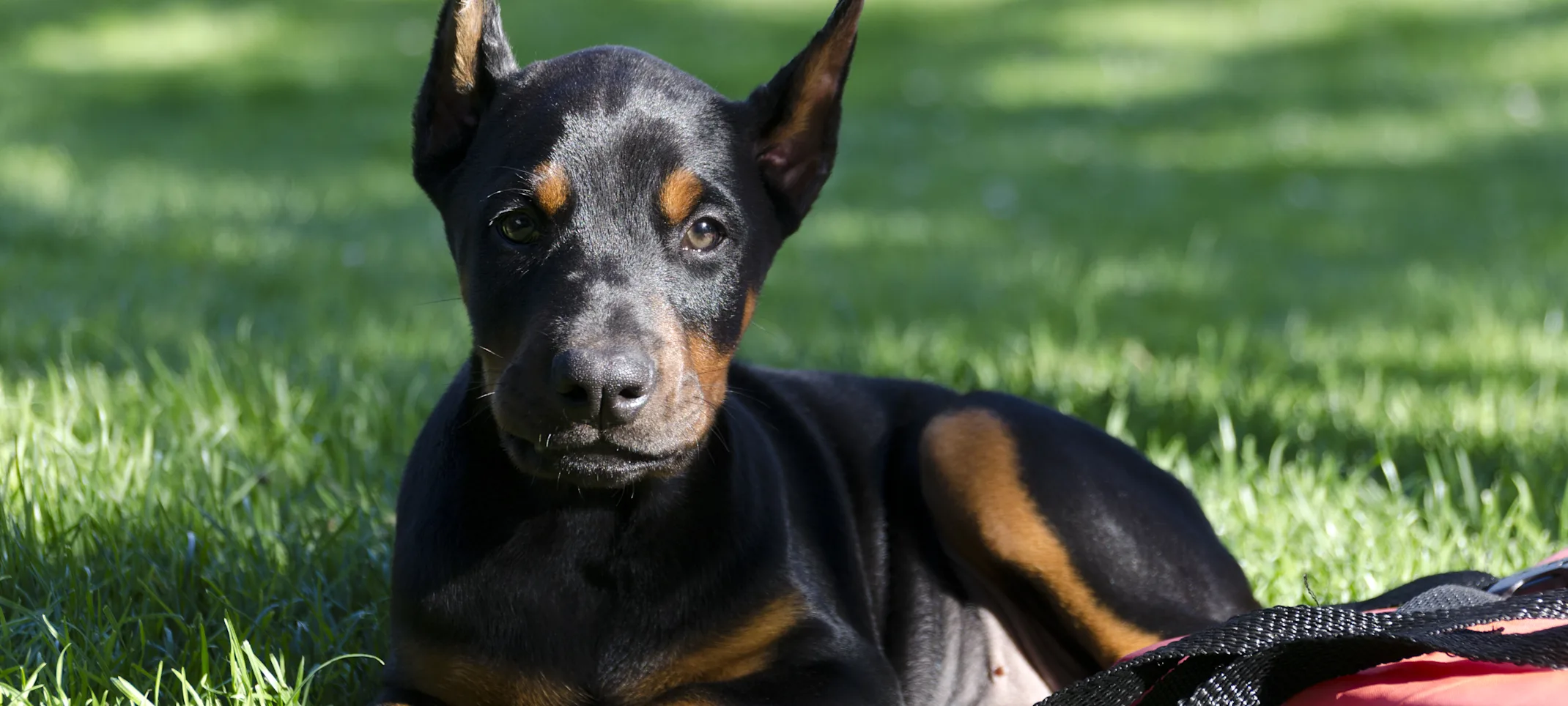Coast Mountain Veterinary Services
Behaviour
Congratulations on your new puppy! Puppyhood is a fun, exhausting period in your relationship with your dog. There are a few very important behavior and training goals that need to be reached before puppy turns into an adolescent.

Understanding Pet Behavior
“It wasn’t me!”
Congratulations on your new puppy! Puppyhood is a fun, exhausting period in your relationship with your dog. There are a few very important behaviour and training goals that need to be reached before puppy turns into an adolescent.
Socialization
There is a magic window for socializing your puppy called the critical socialization period. It occurs from approximately 3 – 13 weeks of age, and most puppies arrive at their new homes around 8 weeks of age. From the moment your puppy arrives in your home, you need to begin socializing her with all sorts of shapes and sizes of people while managing disease control (as it is likely your puppy has only had one vaccination). Invite friends over and have them remove their shoes outside and wash their hands, attend a puppy preschool training class, and visit friends’ and neighbours’ homes that have healthy, vaccinated animals in them. Have these new people feed your puppy a portion of her daily food allotment so that she makes positive associations with strangers. We recommend placing a special emphasis in socializing your puppy to men and children, as dogs are often shy of men and children later in life.
A dog that is not socialized as a puppy can be substantially rehabilitated later in life, but she will never the as confident and happy around people as she would have been had she been socialized in puppyhood.
Bite Inhibition
Your other main goal to accomplish in puppyhood is teaching your puppy bite inhibition. Without resorting to punishment, you are going to let your puppy know that it hurts when she bites you. When a puppy bites you, yelp in a loud, high-pitched voice. If the puppy backs off, give yourself five seconds, ask her to sit/lie down, and reward her by inviting her to play with you again. If your puppy doesn’t back off when you yelp, give her a timeout by removing yourself from the play area, just for 30 seconds or so. When a puppy is quiet, return, ask her to sit or lie down (or perform another trick that she knows) and return to play.
Consistency is key – all family members must be on board with the plan to teach bite inhibition, and they must be able to yelp or give the puppy a time out every time she bites. Children will need supervision and possibly assistance with this.
Set Your Puppy Up for Success
When training your puppy, think about how you want her to behave and use some of her daily food allotment to teach her those behaviours. When your puppy does something you like, reward her, and when she performs a behaviour that you do not like, ignore her or give her a short timeout.
Also, puppyhood is a great time to start a desirable chewing habit – teach your puppy all about the world of food dispensing toys.
